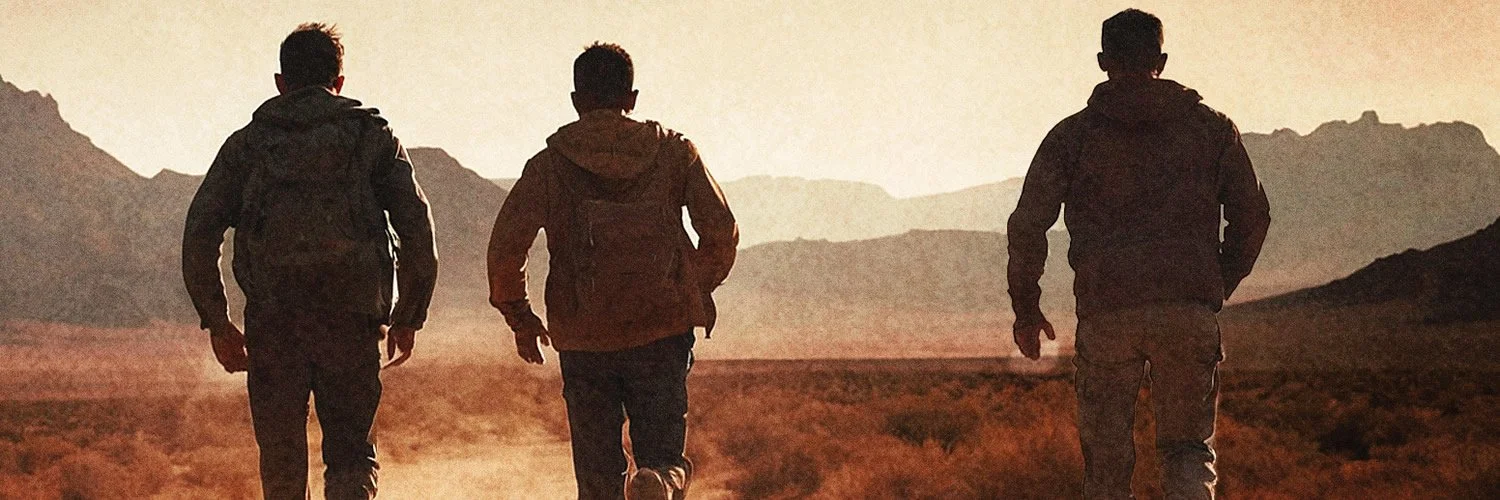I wrote this just ten days before America’s new president was sworn in and the day after the state funeral for our 39th president.
It is just over a month since the US conducted one of the most bruising and consequential elections in a century. That election will redirect the federal government, to the joy of much of the populace and anger of others.
Those who follow my writing know that I love to find snippets of history that don’t make sense and then write a Gritt Family fictional novel that might tell a more accurate story. Even more of my readers follow the Team Walker series, stories of international intrigue; thrillers drawn from current media and events. Often the events I write about can be traced directly to the person in the oval office in Washington DC. The election and funeral for President Carter got me thinking about how a presidency can sometimes be summed up in the president’s own words or their family’s or staff’s. Sometimes these words define an administration, and sometimes they are why Americans have grown skeptical of government. Consider these five statements:
“Do I not destroy my enemies when I make them my friend.” – Abraham Lincoln
“There is nothing wrong with America that cannot be cured with what is right in America.” – Bill Clinton
“The north pole will be ice free in the summer of 2013 because of man-made global warming.” – Al Gore
“Don’t be buffaloed by experts and elites, experts often possess more data than judgement.” – Colin Powell
“Never throughout history has a man who lived a life of ease left a name worth remembering.” – Theodore Roosevelt
Lincoln fought to preserve the union and as the war wrapped up, argued to reunite the country without punishment. (Those who have read my book, TWO CIVIL WARS, know that Mexico would be a different place today if the victors had been more like Lincoln.)
Clinton was elected as a progressive but realized quickly that neither liberal or conservative were absolutely right. (He will be remembered by his willingness to compromise.)
Al Gore must have struggled with the policy differences and management philosophy with his President. His elitism, and blindness to other beliefs and ideas assured he would never be President. Perhaps President Biden could have learned from Gore.
Both Gore and Biden would have been more successful if they were just a little bit more like Colin Powell. Each citizen is empowered to use their own judgement.
Finally, Roosevelt’s thoughts might be expanded to recognize that overcoming and surviving struggle and failure are critical to learning and success.












